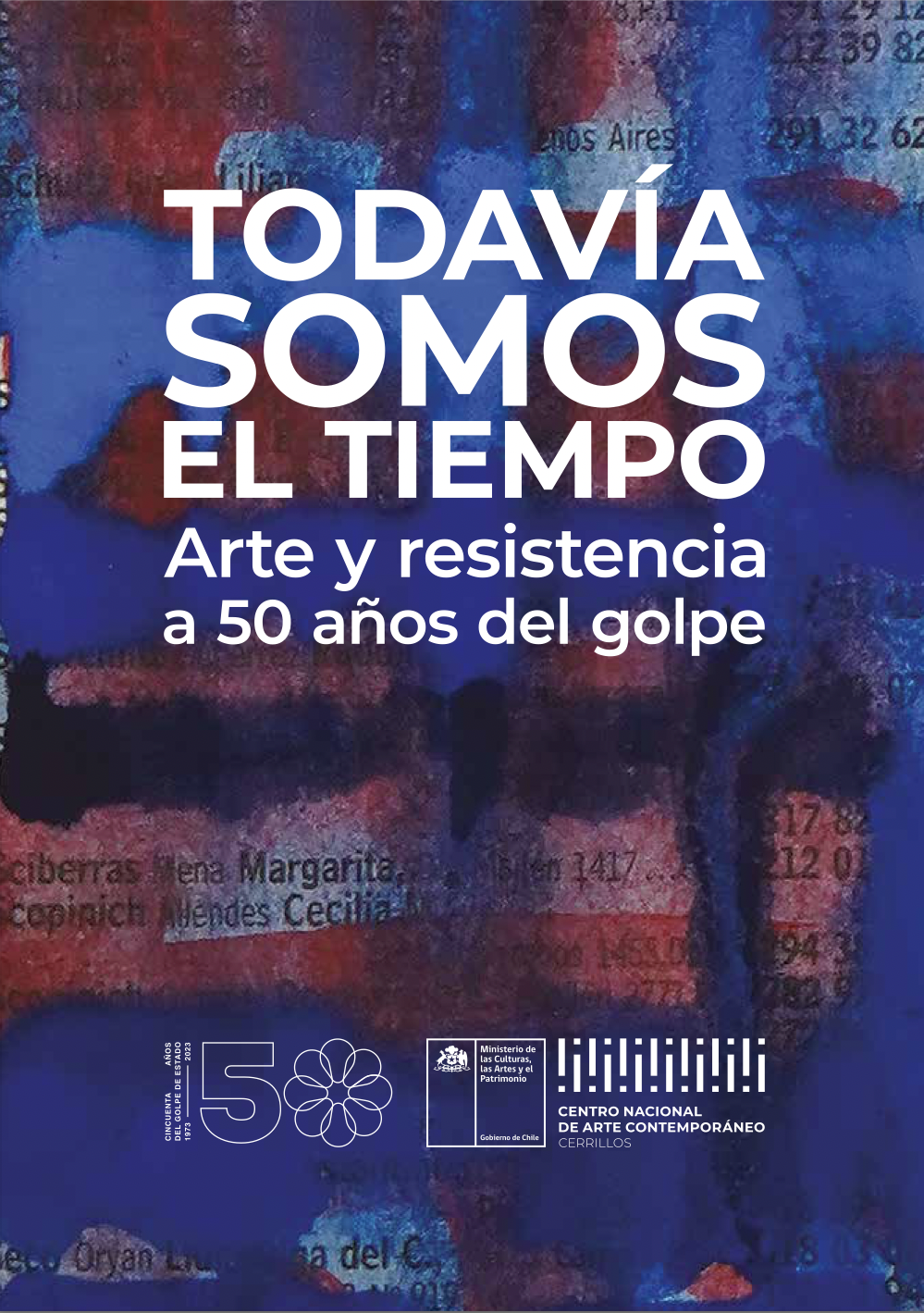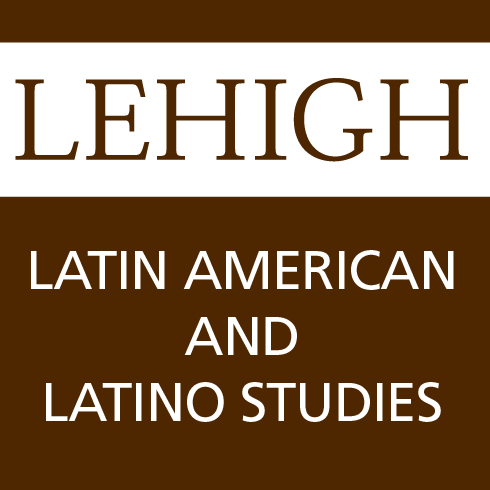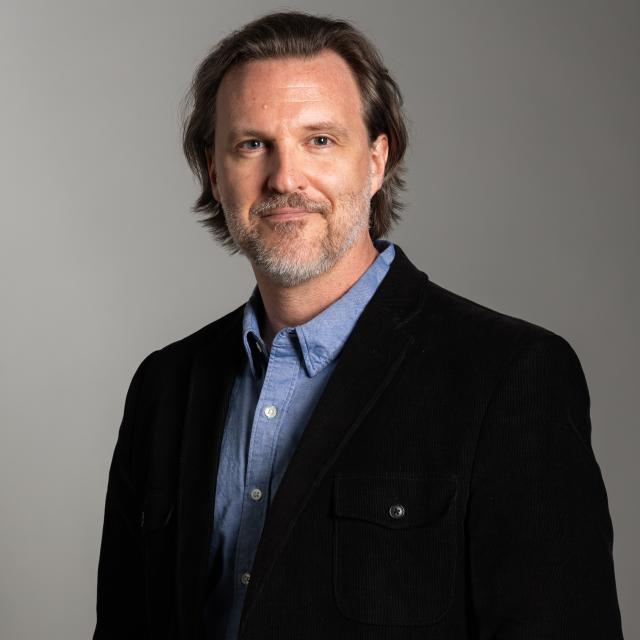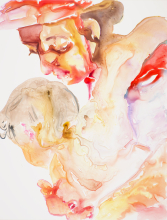Assistant Professor of Art History Florencia San Martín in conversation with Professor of Modern Languages and Literatures and Latin American and Latino Studies Matthew Bush about two recent publications edited by Prof. San Martín about contemporary art in Chile.
The book Dismantling the Nation: Contemporary Art in Chile is the first academic volume to theorize and historicize contemporary artistic practices and culture from Chile in the English language. Critiquing the links between the nation-state of Chile and its colonial, capitalist, heteronormative, and extractivist rule, the book proposes otherwise forms of inhabiting, creating, and relating in more fluid and caring worlds, attending to artistic practices and discourses from Arica and the Atacama Desert to Wallmapu and Tierra del Fuego, and from the Central Valley, the Pacific coast, and the Andes to territories beyond the nation's modern geographical borders. Analyzing how these practices refer to issues such as the environmental and cultural impact of extractivism, as well as memory, trauma, collectivity, and resistance towards neoliberal totality, this volume furthermore envisions art history and visual culture from a transnational and transdisciplinary perspective. For more information visit: https://www.fulcrum.org/concern/monographs/9k41zh29x
The exhibition catalog Todavía somos el Tiempo: arte y resistencia a 50 años del golpe was published in conjunction with an exhibition of the same name shown from November 2023 through March 2024 at the National Center of Contemporary Art in Chile. Commissioned by the Chilean Ministry of Cultures, Arts, and Heritage to commemorate the 50th anniversary of the U.S.-backed military coup in Chile, the exhibition included more than one hundred works created by artists and collectives from different generations, as well as hundreds of publications and archives from documentation centers in Chile and the United States. Divided into five sections, this exhibition shows the role of imperialism and global capitalism in the events and ideologies that designed the dictatorship and gave the green light to its conceptual continuity in the present, presenting art and time together as community projects of liberation, justice, and reparation. The accompanying exhibition catalog is available on paper and as open access. To access the open-access version visit: https://www.cultura.gob.cl/wp-content/uploads/2024/06/tset-catalogo-.pdf
For more information about the exhibition visit: https://www.cultura.gob.cl/wp-content/uploads/2024/06/tset-catalogo-.pdf
Images provided by Florencia San Martín_Todavía somos el Tiempo: arte y resistencia a 50 años del golpe_published by the Chilean Ministry of Cultures, Arts, and Heritage
Florencia San Martín is an Assistant Professor of Art History at Lehigh University, where she teaches and writes about contemporary art, Latin American art, history of photography, and decolonial methodologies. She is co-editor of the volume The Routledge Companion to Decolonizing Art History (Routledge, 2023) and is currently completing a monograph based on her PhD dissertation titled Alfredo Jaar: Decolonial Time and the Aesthetics of the Unfinished.
Matthew Bush's research and teaching examine contemporary Latin American narrative and culture, focusing primarily on Mexico, Peru, and Argentina. His most recent book Other Americans: The Art of Latin America in the US Imaginary (Pittsburgh 2022) examines the representation of Latin America across a host of mediums including Hollywood films, Netflix series, and contemporary novels, to probe the role of negative affect in hemispheric relations. His current monographic project examines the politics of neo-avant-garde authorship in Latin America.
Art in Dialogue is a series of interdisciplinary conversations between members of the university and the wider community - reflecting the ways in which their work is dynamically engaged with other fields of inquiry.






